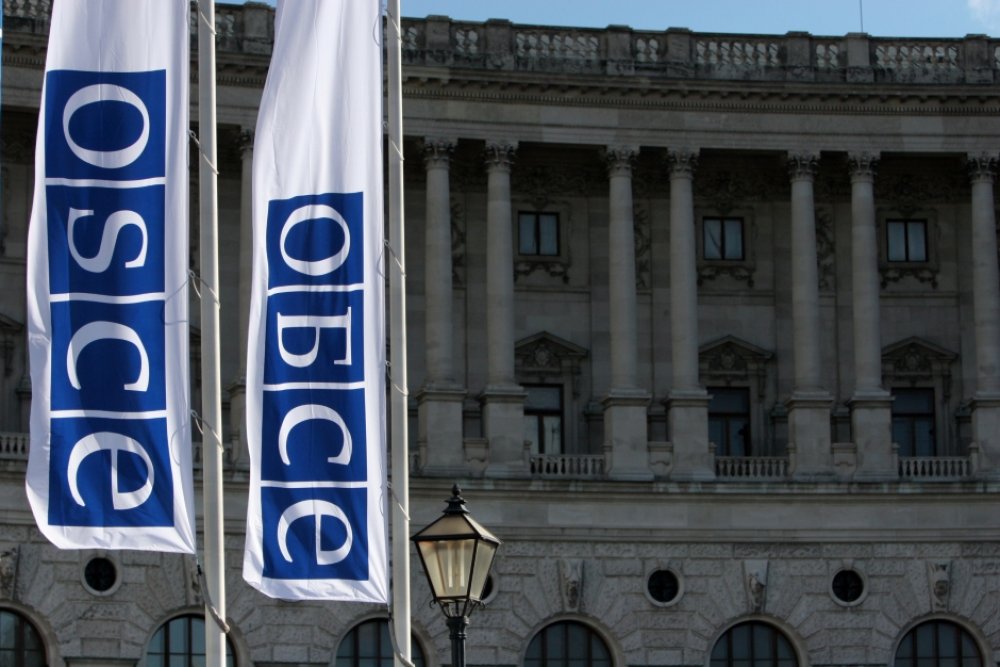Transdniestrian Settlement Process: Is the window of opportunity beginning to close?
On 5 March 2013 Moldova’s parliament passed a vote of no confidence in prime minister Vlad Filat’s pro-European coalition government. The three-party coalition – known as the Alliance for European Integration – came to power in 2009, pushing out the communist party who had effectively held the majority in government since 1998. When Filat’s coalition government came under pressure due to internal feuding and personal rivalries, the communist party seized the opportunity and initiated a vote of no confidence with the support of the center-left democratic party, which is one of the Alliance’s partners. Political deadlock and instability are nothing new in Chisinau. As a reminder, it took the Moldovan parliament three years (between 2009 and 2012) to elect a new president. Thus, this renewed political instability and uncertainty comes at a very critical moment and has a negative impact on Moldovan European integration efforts as well as on the conflict over the breakaway region of Transdniestria, one of the so-called ‘protracted conflicts’ dating back to the dissolution of the Soviet Union.
For now, Moldovan President Nicolae Timofti is holding talks behind the scenes and will hopefully soon propose a new candidate for prime minster, who will enjoy the support of parliament, in order to prevent early elections. The possibility of early elections that could potentially lead to a comeback of the communist party is currently of great concern in EU capitals as Moldova and the EU have been negotiating an Association Agreement since 2010 with the goal of signing it in November 2013. In addition, political instability on the right bank has a negative impact on the negotiations on the Transdniestrian Settlement Process in the 5+2 format (Moldova and Transdniestria as the conflict parties; Russia, Ukraine and the OSCE as mediators and guarantors; and the USA and the EU as observers).
Ukrainian Foreign Minister and OSCE Chairperson Leonid Kozhara termed the Transdniestrian settlement process his Chairmanship’s top priority and aimed at building on the positive momentum created over the last two years that saw the resumption of official 5+2 talks in November/December 2011 after a six-year hiatus. At the beginning of the year hopes were high that Ukraine would be able to achieve progress, given the country’s role as mediator, guarantor and neighbor to Moldova. These hopes were enhanced by the adoption of a statement on the Transdniestrian Settlement Process by the 2012 Dublin OSCE Ministerial Council. This window of opportunity could now be narrowing and slowly closing, given the political uncertainty in Chisinau. Therefore, increased efforts to manage the government crisis in Chisinau are necessary in order to prevent it from having lasting negative consequences for the Transdniestrian settlement process. Ultimately, the lack of a clear interlocutor in Chisinau is also likely to lead to a hardening position in Tiraspol and could even threaten the next round of 5+2 talks, scheduled to take place in Odessa on 23 and 24 May.
Of course, progress on the Transdniestrian settlement process also depends on other factors, such as the position of the Russian Federation. In this context, general reconciliation efforts among OSCE participating States (between ‘East and West’ – see previous blog on this topic) are of utmost importance as are the quality of bilateral relations between Kiev and Moscow. In this context, Leonid Kozhara paid a visit to Moscow on 29 March and met with Russian Foreign Minister Sergei Lavrov. The Transdniestrian settlement process was discussed amongst other OSCE-related and bilateral issues. It is widely known that the Transdniestrian authorities are able to maintain the status quo because they have the support of the Russian Federation. (Russia maintains troops in Transdniestria in violation of the OSCE Istanbul commitments and supports Tiraspol economically and politically). Russia’s interest in general relates to the maintenance of its ‘sphere of influence.’ It opposes the aspirations of some Moldovan politicians to join NATO and views its EU integration efforts with skepticism (similarly to those of Ukraine). In addition, it wants to preserve the rights of the Russian speaking population in Transdniestria and Moldova.
So far, negotiations on the Transdniestrian settlement process have focused on socio-economic as well as legal and human rights issues and the question of status has not yet been touched upon. However, it seems clear that the ultimate outcome should be “based on the sovereignty and territorial integrity of the Republic of Moldova with a special status for Transdniestria that fully guarantees the human, political, economic and social rights of its population.”
In order for the negotiations to continue on all issues, major efforts need to be made by the Moldovan authorities to tackle the country’s political crisis, by the OSCE Chairmanship and all participating States to promote reconciliation between ‘East and West’, as well as by Tiraspol to show flexibility and willingness to move forward. It would be a pity if the positive momentum that has been built over the last two years was lost and the parties let the window of opportunity close.



Comments
* Your email address will not be published